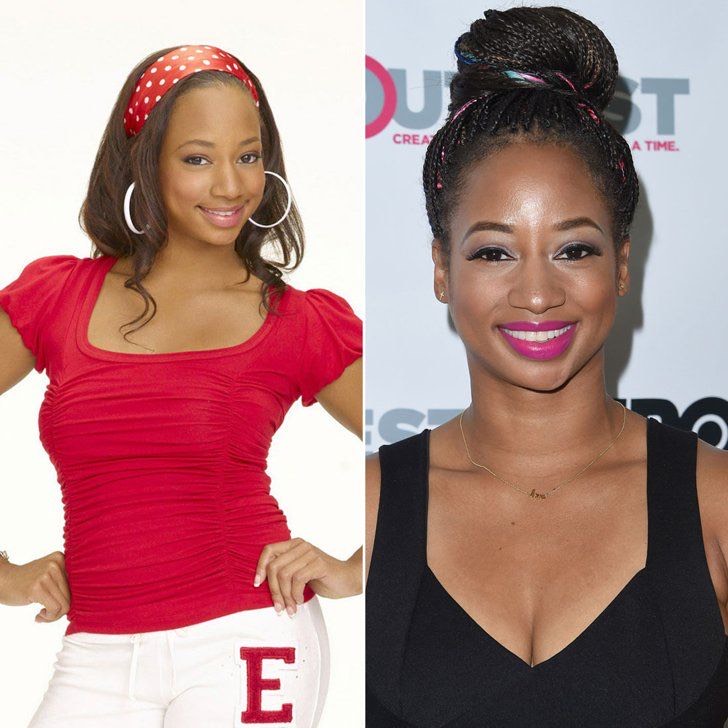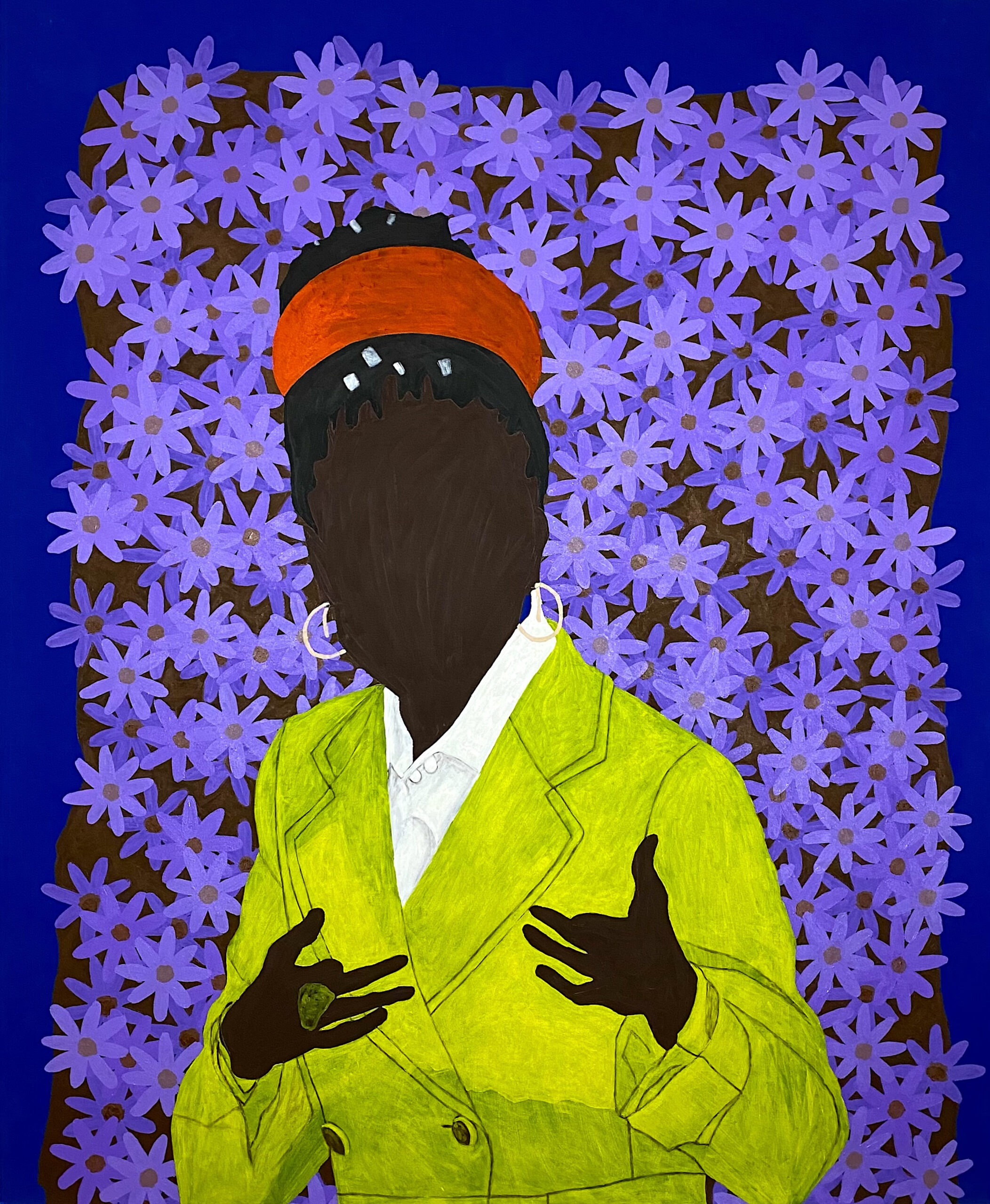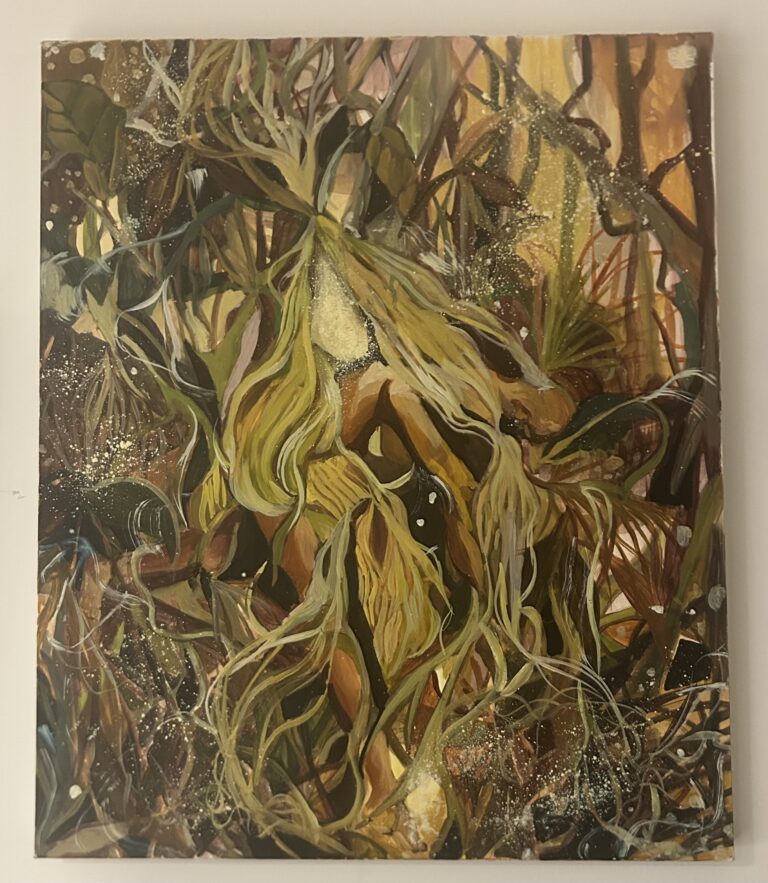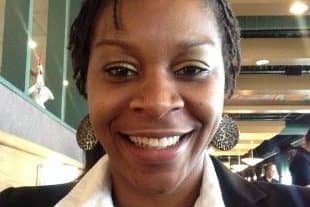This week in Black art and culture, we lost a legend and American cultural icon in Hollywood, Black actors on young adult (YA) movies and TV shows have been actively speaking out against the negative treatment they’ve been receiving on set.Plus, luxury brand Telfar has been receiving kudos from the fashion industry.
Cicely Tyson Passes on to a Higher Realm
A Hollywood icon, longtime actress and dancer who helped shape the dance, theater, film and television industries of the 1950s and 1960s, Cicely Tyson has died at the age of 96. Her early films included Odds Against Tomorrow, The Comedians and The Last Angry Man, and she continued to influence the entertainment industry into the next century. Born in New York in 1924, she made her film debut in the early 1950s in Carib Gold, alongside Ethel Waters and Geoffrey Holder. As one of the founding members of the Dance Theater of Harlem in 1969, her bright light shined upon the world from then on.
Most Americans got to know her at home on their TV sets over the decades from her work in The Women of Brewster Place, Miss Jane Pittman, The Rosa Parks Story, How to Get Away with Murder and Roots, among others. Tyson performed in a multitude of big budget films in the 21st century, which introduced her to a younger generation that admires her just as much as the generation that raised them.
What Happens after the Director Says “Cut?”

Going down the timeline of the entertainment field, we have gone from being the Black best friend, to supporting cast members and eventually leads on all primetime networks: Disney, FOX, ABC and more—and it’s a win. Yet, playing alongside their respective casts, Black actors are not treated with the same respect, dignity or care. Some of these stories have been silenced over the years, but they are in such abundance that when uncovered, it’s not all sunshine and rainbows. The stars of these shows experience systemic practices and negligence that neither are seen in the public eye nor acknowledged.
In one glaring example, giving an actor’s appearance the same care and love as the rest of the cast is denied out of fear or so-called “difficulty.” A common decision Black actors have to make, no matter how high ranking they are in the cast, is to come to the set with hair and makeup already done just for the convenience of it.
Cosmetologists in the crew often do not know how to do their hair, or they try and ultimately fail, because they didn’t take the time to train themselves on styling all hair. Their makeup kits typically stop at the color “light bronze,” and they do not have even a semblance of an idea of how to choose a flattering lip shade or eyeshadow for a Black actor’s skin complexion.
Take YA (young adult) movie leads. High School Musical star Monique Coleman recently confided to Insider that her choice of accessory most commonly associated with her character wasn’t an acting choice. Taylor’s signature headband was worn to cover up the damage that was perpetrated on her hair by the people behind the scenes. With a short window of time between hair styling and filming, she had to make a quick and smart decision, going with the headbands that became her mark on all three movies in the trilogy.
When researching other actresses that experienced such treatment, we easily found incidences not far between. Trina McGee of Boy Meets World revealed that she installed her classic micro braids herself, hours before her call time. The processing of Black hair to meet a certain standard America can digest can be traumatizing and can have a long-lasting impact on the actor that the industry doesn’t take into account.
In 2011, Karyn Parsons shared her hair journey, revealing how she had tried just about everything in the book to keep the curls she sported on Fresh Prince, and how ultimately it fried her hair to near no recovery. In 2021, are we going to see changes in the production of TV and film that demonstrate how we care for our talent, or must we stay up all night twisting and pinning our hair?
Telfar’s Success is Rad

Although Telfar Clemens and Babak Radboy officially created the label, “Telfar” in 2005, this past year, they surged to the top of the list of the most in-demand luxury items. With history being made, conversations now are brought to the table about the white European-focused fashion industry and who is getting a share of the pie. Doors are being opened for more Black-owned luxury brands to be given the same chance of success as other designers. This exclusion has been spoken of long before this year, but the issue today is reaching a greater understanding on a broader scale with the BLM movement opening the dialogue.
Since addressing the nation during the presidential inauguration with her poem, The Hill We Climb, Poet Laureate Amanda Gorman has been receiving well-deserved kudos and exposure. In the days following her performance, it was announced that the Harvard grad will perform at the Super Bowl on Feb. 7 and that she has signed with IMG Models, which will be developing endorsements and editorial opportunities for Gorman in the fashion and beauty sectors. Two of Gorman’s books, a poetry collection titled, The Hill We Climb and a picture book titled, Change Sings, will be published later this year.
A Black Woman Speaks

Above: Raphael Adjetey Adjei Mayne. AMANDA GORMAN, 2021. Acrylic on canvas, 175 x 146 cm / 68.9 x 57.5 in
On Inauguration Day, Raphael Adjetey Adjei Mayne sat transfixed by the words recited by Amanda Gorman at the podium, and went straight to work. Within five days, Mayne had painted an enthralling portrait of Gorman, wearing her red satin headband, wrapped in the power of her verse.
A day later, London-based art collector and member of the erstwhile Kapurthala royal family of India, Amar Singh, who along with Gorman is an alumnus of Harvard, acquired the piece and donated it to the Hutchins Center for African and African American Research at Harvard University, directed by Professor Henry Louis Gates Jr.
“This work must be in an institution, it is a celebration of women, a celebration of Black women, a celebration of hope. It is especially meaningful to donate it to Harvard as that is Amanda Gorman’s alma mater,” Singh said.
His impact on India includes helping to legalize LGBT+ relations in India and highlighting women’s rights issues throughout the sovereign nation. Professor Gates, who appeared in the films, The 13th and John Lewis: Good Trouble, also has been the host of PBS: Finding Your Roots.
Curator Destinee Ross-Sutton of Ross-Sutton Gallery in New York had the honor of helping arrange the sale. Her current exhibition, “Black Voices: Friend of My Mind,” includes other work of Raphael Adjetey Adjei Mayne, which celebrates images of Black figures through rest, wellness, self-love and introspection.
By Sumaiyah E. Wade









